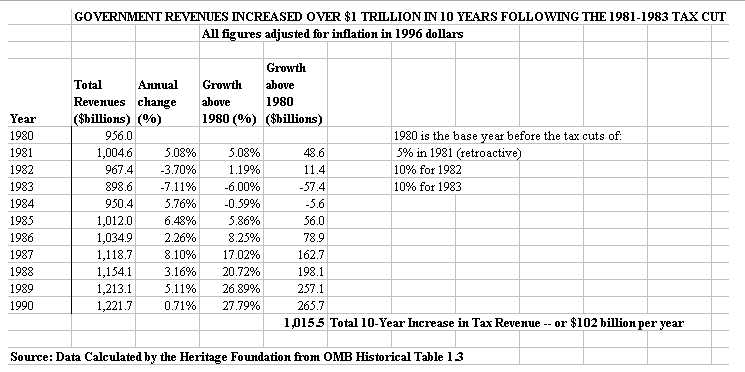- Banned
- #241
I'm not sure your anonymous chat board second hand anecdote outweighs tons of studies by various agencies such as the WHO, JAMA, etc. If you do, nevermind.
I use to post a mostly Brit forum. One of the Brits talked about checking into a hospital for surgery the next morning and having to spend the night in a gurney in a broom closet. That was after waiting nine months for the surgery appointment. LOL!
Don't the Brits suppose to have the crown jewel of socialized medicine?
"Studies" by communist propaganda organs like the WHO and special interest organizations?
That WHO article about US health care that was put out a few years ago was very flawed and extensively debunked.
Of course all of these Moon Bats that quote that sorry shit get their news from The Daily Show on Comedy Central and from Rachael Maddow so you can expect them to be dumber than a door nob.
There are plenty of others, and there are plenty of other nations who do healthcare much more efficiently, with far less cost, with better outcomes, and at a much higher level of societal sustainability than do we.
We trail the rest of the advanced post industrialized world; that's pretty darn "exceptional".
Before you go quoting stupid studies by Left Wing assholes like WHO you need to educate yourself a little bit Moon Bat. That way you won't look like a fool when you post your ignorant garbage.
I guess we know who is being fooled. Idiot Moon Bats like you.
https://object.cato.org/sites/cato.org/files/pubs/pdf/bp101.pdf
WHO’s Fooling Who?
The World Health Organization’s Problematic Ranking of Health Care Systems



